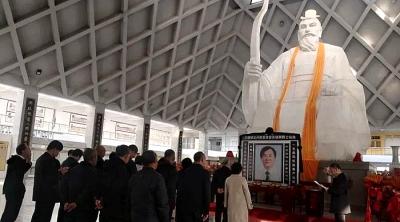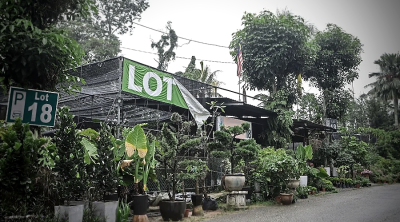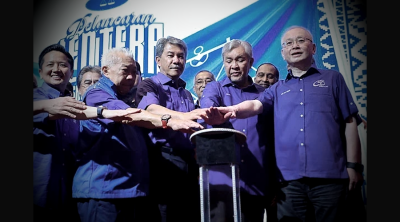Sin Chew Daily
For the past several months, other than Khairy Jamaluddin, pandemic and elections, perhaps the liquor controversy will come to mind for many Malaysians.
It all started with the Timah controversy for allegedly offending the Islamic faith, and only got to be put to a rest after the issue became an international laughing stock.
And during the past two days, out of the blue we have had a new ruling requiring all coffee shop and restaurant operators selling alcohol to apply for licenses
It seems that people who drink are more sober than those senior government officials, religious clerics and politicians who don’t.
And again, after some turns and twists, the liquor sale license issue has also come to a close.
On Tuesday, Wee Ka Siong said he had confirmed with finance minister Tengku Zafrul that the latter’s ministry had instructed the customs department to “cancel” the measure of requiring restaurant and cafe operators nationwide selling liquors at their premises to apply for the licenses.
The MCA president said the customs department had no power to unilaterally order restaurants and cafes to apply for the licenses.
 Including this liquor license controversy, issues related to the sale of liquors have been raised not fewer than four times since the country’s independence more than six decades ago. And like the previous three times, the latest bout has ended up just another false alarm.
Including this liquor license controversy, issues related to the sale of liquors have been raised not fewer than four times since the country’s independence more than six decades ago. And like the previous three times, the latest bout has ended up just another false alarm.
On Tuesday, Wee said in an official statement that it was rare for Chinese political parties on both sides of the divide and various associations related to liquor sale had stayed united and persistent in opposing the license requirement despite their ideological differences. He also hoped those who kept finding trouble on non-Muslims’ sale of liquors would stop doing so.
Prior to that, MCA secretary-general Chong Sin Woon and Youth deputy chairman Tan Chee Hiong had said they opposed to the customs department’s license requirement ruling as it went against the country’s multicultural reality and restricted the freedom of non-Muslim society besides adding to the burden of the eateries involved, having to fork out RM1,340 of license fee just to sell a few bottles of alcoholic beverage.
Malaysia Singapore Coffee Shop Proprietors General Association president Wong Teu Hoon has said the ruling would affect some 35,000 F&B operators across the country, many of which might choose not to sell liquors on cost consideration, and this would certainly affect their business turnovers.
The government seems to be not letting up its effort to impose more rules concerning alcohol sale. The Timah controversy aside, beginning November, grocery stores, Chinese medical halls and convenience stores in KL have been barred from selling liquors.
Thanks to the mediation between Wee Ka Siong and the finance minister, the license requirement for sale of alcohol has been withdrawn, luckily.
While we don’t encourage the public to drink, we are also against the new ruling requiring license application for sellers. Once the rule is set, the license fee could be increased every year.
Wee has reiterated that Malaysia is a multicultural country where the rights of non-Muslims should be duly respected. Indeed, drinking has become almost an integral part of the Chinese people’s culture in day-to-day living.
Alcohol has been enjoying quite a heavy weightage throughout the 5,000 years of Chinese culture, and has been featured in a lot of time-honored poems and proses. Almost every major historical event has been associated with drinking.
Indeed, drinking is very much present in the blood of the Chinese people, culturally. So long as we abstain from driving after a drink, that should not constitute an unforgivable felony that must be intervened by people with some ulterior motives in the name of religion.
And since we are all living on this same land, we must learn to respect one another’s cultures and differences.
We have a whole lot more important matters to attend to, as a matter of fact.
ADVERTISEMENT
ADVERTISEMENT


































